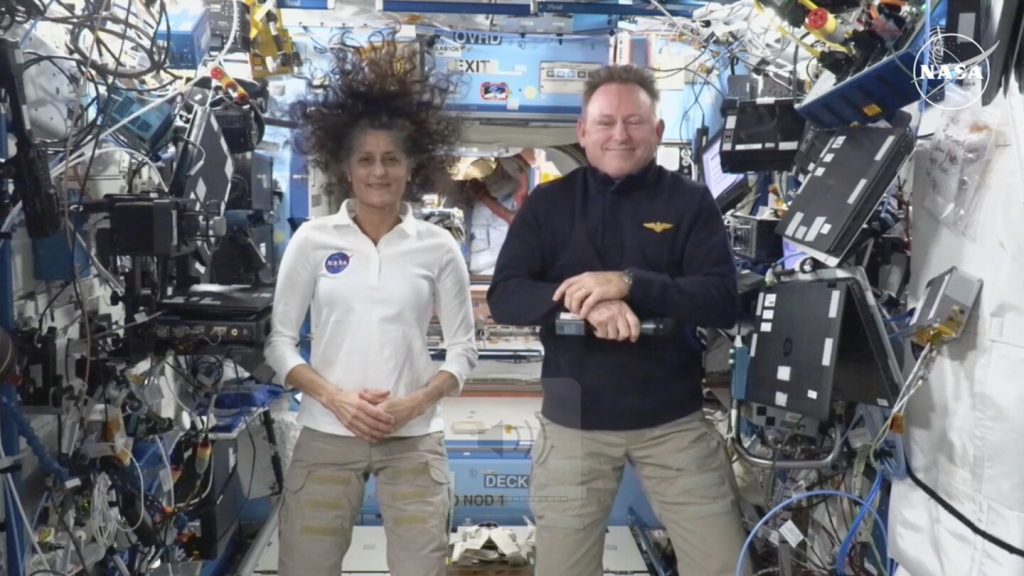The return of NASA astronauts Butch Wilmore and Suni Williams from the International Space Station (ISS) has been delayed until spring 2024, extending their mission to approximately ten months. Initially planned as a short, week-long test flight aboard Boeing’s Starliner capsule, their mission has been significantly prolonged due to a series of unforeseen circumstances. This latest setback pushes their homecoming back from the originally anticipated late February date to the end of March or even April.
The initial extension of their mission occurred in September when, after encountering technical issues with the Starliner capsule, NASA opted to return the spacecraft to Earth without its crew. This decision stretched Wilmore and Williams’ stay aboard the ISS from eight days to eight months. The latest delay stems from a postponement in the launch of their replacement crew, which necessitates a further extension of their mission.
The replacement crew, originally slated for a February launch, will now lift off no earlier than late March. This delay is attributed to SpaceX, the provider of the transportation vehicle, requiring additional time to prepare a brand-new capsule for the mission. While NASA explored the possibility of utilizing a different, readily available SpaceX capsule to maintain the original launch schedule, the agency ultimately decided that awaiting the new capsule was the preferable course of action.
This decision reflects NASA’s prioritization of a smooth transition between ISS crews. Overlapping crews allows for a thorough handover of responsibilities and ensures the continuity of ongoing research and operations aboard the station. The typical duration of a space station mission is six months, with some extending to a full year. Wilmore and Williams’ extended stay, while unforeseen, remains within the parameters of longer duration missions.
The extended mission highlights the inherent complexities and challenges of space travel. While meticulous planning and rigorous testing are integral to every mission, unforeseen technical issues and logistical hurdles can necessitate adjustments to timelines and mission parameters. The flexibility and adaptability of the astronauts, as well as the ground support teams, are crucial to navigating these challenges and ensuring the safety and success of space missions.
This extended mission, though unintended, provides a unique opportunity for Wilmore and Williams to contribute further to the ongoing scientific research and operational activities aboard the ISS. Their prolonged stay will enable them to participate in a wider range of experiments, gather more data, and contribute to the long-term goals of space exploration and scientific discovery. While the delay in their return presents challenges, it also underscores the resilience and adaptability of the human spaceflight program.

